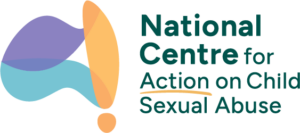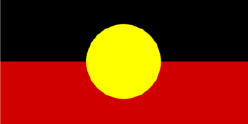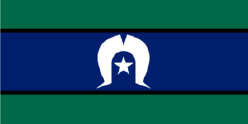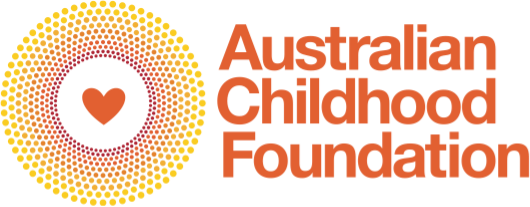The Change Academy is the professional learning hub of the National Centre, dedicated to helping practitioners, organisations and the community prevent child sexual abuse and support victims and survivors.
Through synthesising and bringing together research evidence, practitioner and lived experience expertise, we develop and offer courses, virtual workshops and webinars that foster a more compassionate and trauma informed community.
Require tailored training?
Please enquire below and one of our team members will be in contact with you shortly.
Being a safe adult for LGBTIQA+ young people who are victims and survivors of child sexual abuse
Learn how to create affirming, trauma-aware spaces where LGBTIQA+ young people who have been sexually abused feel safe, seen, supported and respond with care that matters.
Supporting boys and men to disclose child sexual abuse
This interactive learning tool will help professionals create safe spaces where boys and men can disclose their experiences and begin their healing journeys.
In Conversation – Compassionate aged care for victims and survivors of child sexual abuse
This In Conversation discussion will explore the important topic of compassionate aged care for victims and survivors of child sexual abuse.
Navigating Australia’s Child Safety Legislation
Gain critical knowledge needed to navigate the legal and legislative requirements and environment when working with and supporting victims and survivors of child sexual abuse.
Understanding and responding to disclosures of child sexual abuse from children and young people
This course helps learners understand and respond to child sexual abuse disclosures, focusing on compassionate responses and the vital role of workers and organisations in creating supportive environments.
Foundations of child sexual abuse
This course is for anyone seeking to deepen their understanding of child sexual abuse. The focus of this course is adult-perpetrated child sexual abuse.






